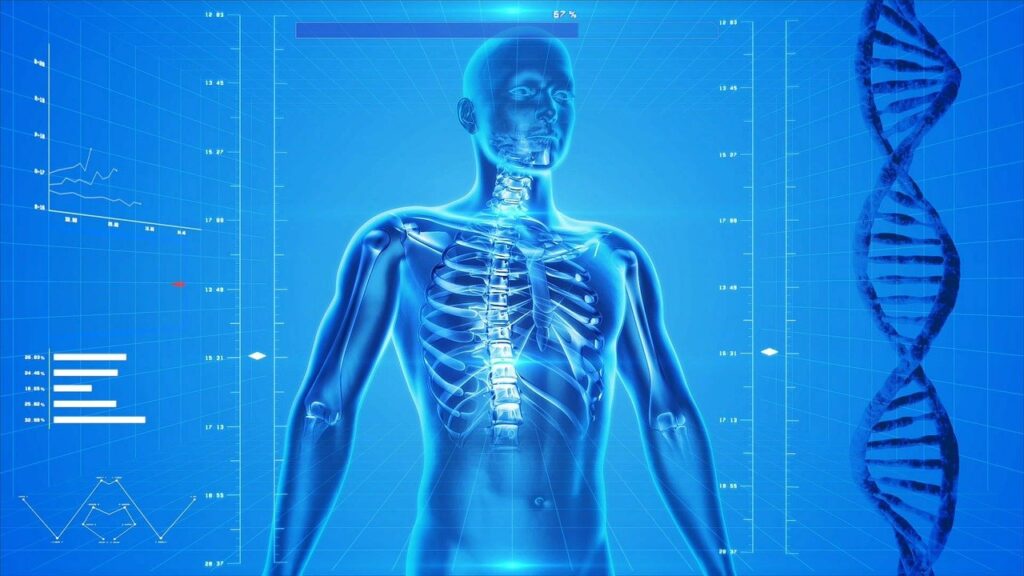Why Conduct a Calcium Assay?
A calcium assay measures the amount of ionized calcium in your blood. This is the type of calcium that does not attach to proteins and is known as free calcium. Calcium is essential for all cells, including the ones in your bones and teeth and it is also important for your heart and nervous system. And in order to take this test, you will need a blood sample to perform a calcium assay. However, you should note that many types of medicine can affect the results of a blood calcium test, so it is important to discuss any potential medication interactions with your provider.

Why is Calcium Important?
Although dairy foods are one of the best sources of calcium, not everyone consumes them. People who are lactose intolerant, vegans, and those who simply dislike the taste of milk may avoid these foods. However, calcium is essential for everyone, regardless of age. Dairy foods provide the highest amount of calcium in the food supply, and one cup of plain low-fat yoghurt contains more than 300 mg of calcium per serving.
We associate calcium with bones and teeth, but calcium is essential for our overall health. It is an important mineral for building strong bones, preventing osteoporosis, maintaining normal heart rhythms, and regulating nerve functions. Calcium is essential for bone health and is found in nearly every part of our body.
While you probably know that your bones need calcium to function properly, it’s not as easy to get enough from your diet. Not everyone can take calcium supplements, and those with lactose allergies should be particularly cautious. Also, there are conflicting studies on the effects of calcium supplements on heart disease. And, while there are plenty of benefits to calcium intake, there are some important caveats to keep in mind. You should talk to your doctor before beginning a calcium supplement.
The right way to get calcium into your system is to consume it in small amounts throughout the day. However, some dietary supplements can interfere with calcium absorption. If you take an antibiotic, for instance, it may prevent calcium absorption in your body. This is why it’s best to take calcium supplements in small doses and with meals. But remember, too much calcium in one go may pose a health risk. So, it’s best to eat plenty of dairy products, and a balanced diet is your best bet.

How Do Calcium Assays Work?
One of the best ways to screen novel ligands for calcium receptors is to use a calcium assay. While these assays are often sensitive, they are also highly specific, and sensitivity can vary widely. As a result, it is important to consider the effects of different product formulations before selecting a particular calcium assay. This article will discuss the pros and cons of calcium assays. Here are some examples of the benefits of calcium indicators:
Microplate readers must be user-friendly and fit well with laboratory workflows. A good microplate reader should detect the results quickly and accurately. Bottom reading measurements are ideal for cell-based calcium signalling assays, as the smaller distance between the cell layer and the detector minimizes the effect of the culture medium. Moreover, the reader must have a calibration curve that is accurate. Calcium assays require specific conditions, so it is critical to choose the right equipment for the job.
A calcium assay uses reagents that change colour in the presence of analytes like calcium. Cresolphthalein, for example, reacts with calcium in an alkaline environment to form a violet complex. The intensity of this colour changes in relation to the concentration of calcium. This assay can be performed on many sample types. Another type of assay uses a chemical or enzymatic reaction that results in light as a by-product.
Most calcium assays use fluorescent indicators to measure intracellular calcium. These fluorescent indicators enhance when bound to intracellular calcium. This allows researchers to monitor intracellular calcium movement in real-time. Calcium essays are a great resource for identifying the signalling mechanisms in different cell types. There are many benefits to using calcium assays and the methods they enable are essential for research. This article describes a few of the key advantages of calcium assays.


Sophie Blake is a beauty writer passionate about exploring skincare innovations and cosmetic trends. She focuses on creating informative content that helps readers make informed choices about beauty products, wellness routines, and self-care practices.


